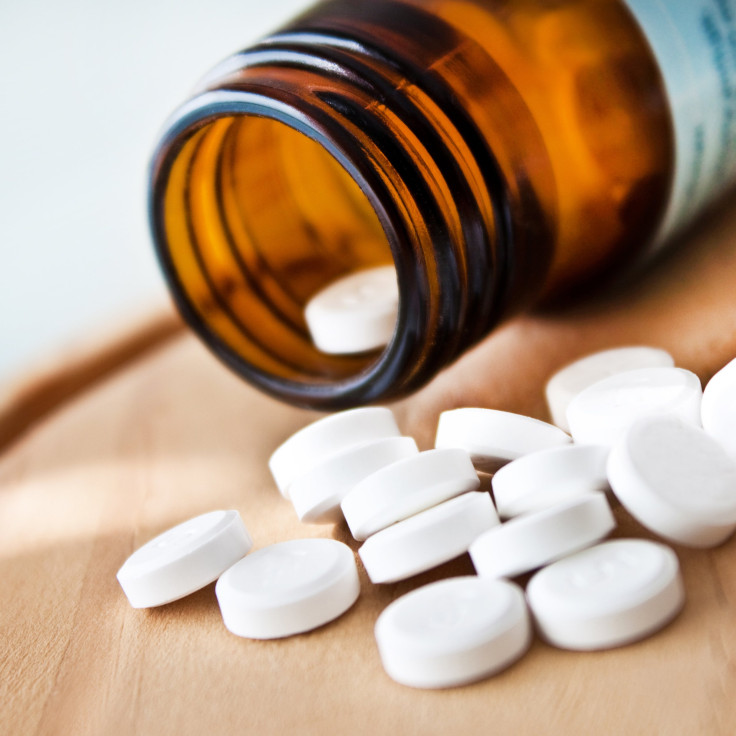Have We Cured Hepatitis C? New Treatment Has Over 90% Success Rate

Hepatitis C is the number one cause of cirrhosis, liver transplants, and liver cancer in the United States. It is an infection caused by a virus that attacks the liver and leads to inflammation. According to the World Health Organization, 130 to 150 million people suffer globally from chronic hepatitis C infections, and 350,000 to 500,000 people die each year from hepatitis C-related liver disease. Interferon is the traditional treatment for the virus, but many patients, such as those with cirrhosis, cannot take it. A revolutionary new treatment is changing medicine. In its clinical trial, this new treatment has cured over 90 percent of patients with cirrhosis who were not able to receive interferon therapy.
Interferon was previously the only effective treatment against hepatitis C. Some patients, such as those with cirrhosis (liver scarring), experience relapse or have many negative side effects because of interferon treatment. The new treatment is completely interferon-free. A study on it will be released on April 12 in The New England Journal of Medicine. The study was conducted by the University of Texas Health Science Center at San Antonio and had exceptional results. Twelve weeks after the last dose of treatment, no hepatitis C virus was detected in the bloodstream of 91.8 percent of patients. After the patients were treated for 24 weeks, 95.9 percent were found to be virus-free. “These are out-of-the-ballpark response rates, not on the same planet as interferon,” explained Dr. Fred Poordad, lead author of the study, in a press release.
The data involved the outcomes of 380 patients at 78 different sites, including hospitals in Spain, Germany, England, Canada, and the U.S. The study documented patients’ blood samples over a three-year period and found that in that time none experienced a long-term, late relapse.
Many of the patients who had taken part in the study were unsure about the new treatment. They had tried many treatments before that promised miracle results that were never delivered. The high recovery rate of the new treatment changed the skeptics’ minds and has given hope to the current population living with the disease. “I feel very lucky to be living in this time, because I was almost resigned to the idea that I could never be cured," Sergio Buentello, one of the patients in the study, said in the press release.
It is expected that the combination medication regimen will be on the market as early as the end of 2014 or very late in 2015.



























